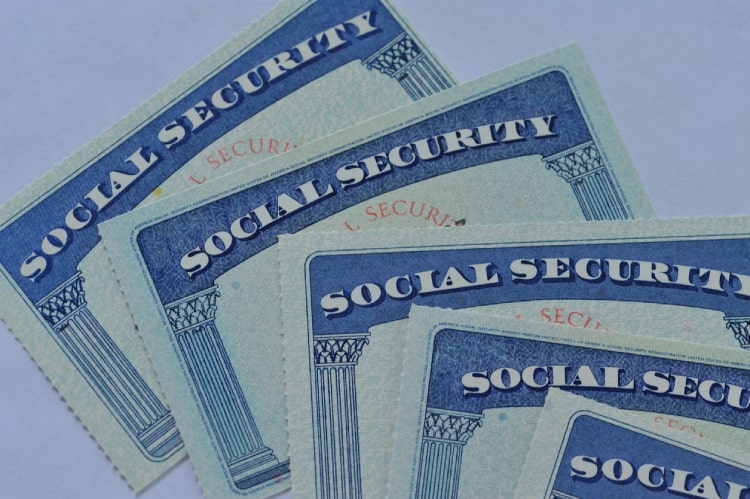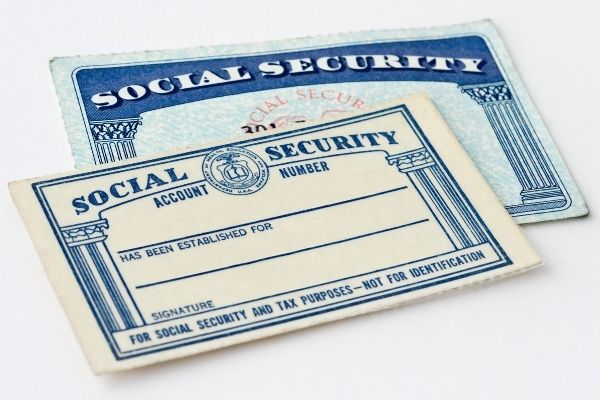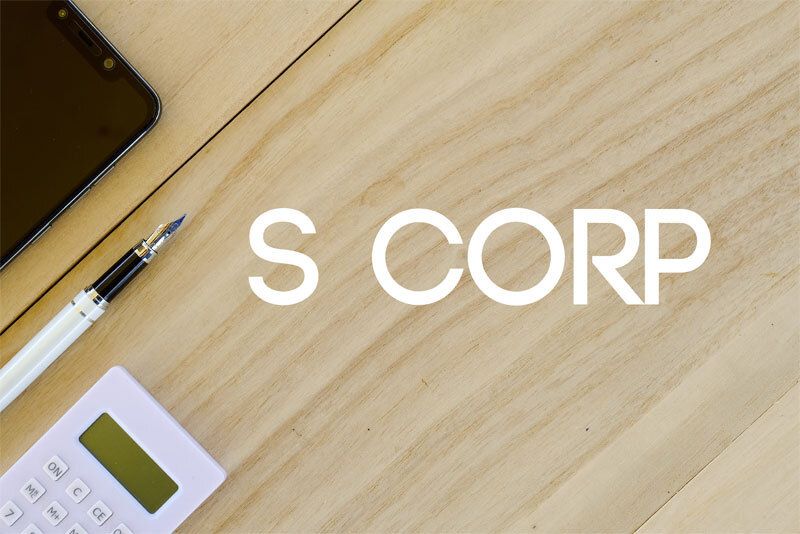Social Security Number (SSN)
The Social Security Number (SSN) is a nine-digit identification number issued by the Social Security Administration (SSA) in the United States. It serves as a primary identifier for individuals and is used for various purposes, primarily related to tracking earnings and benefits associated with the Social Security program. The SSN was introduced in 1936 under the Social Security Act to track individual earnings and contributions to the Social Security program. Originally intended for social security purposes, its use has expanded over time to include identification for tax purposes, employment eligibility verification, and other administrative reasons.
The Social Security Number (SSN) is a nine-digit identification number issued by the Social Security Administration (SSA) in the United States. It serves as a primary identifier for individuals and is used for various purposes, primarily related to tracking earnings and benefits associated with the Social Security program. The SSN was introduced in 1936 under the Social Security Act to track individual earnings and contributions to the Social Security program. Originally intended for social security purposes, its use has expanded over time to include identification for tax purposes, employment eligibility verification, and other administrative reasons.
Structure of the SSN
Nine Digits: The SSN is a unique nine-digit number divided into three parts: the first three digits represent the area number (geographic region where the SSN was originally issued), the middle two digits are the group number (used for administrative purposes), and the last four digits are the serial number (sequentially assigned within each area group).
Randomization: Since June 2011, the SSA began randomizing the assignment of SSNs to enhance security and prevent identity theft. Prior to this, the assignment was based on geographic location and other factors.
Uses of the SSN.
1. Social Security Benefits: The primary purpose of the SSN is to track earnings for social security benefits, including retirement, disability, and survivor benefits.
2. Tax Identification: Individuals use their SSNs for tax purposes, including filing tax returns, reporting earnings to the IRS, and claiming tax credits and deductions.
3. Employment Eligibility: Employers use SSNs to verify an individual’s identity and employment eligibility through the Form I-9 process mandated by the U.S. Citizenship and Immigration Services (USCIS).
4. Financial Transactions: Banks and financial institutions often require SSNs for opening accounts, applying for loans, and conducting financial transactions.
5. Government Programs: SSNs are used for eligibility and identification purposes in various government programs, such as Medicare and Medicaid.
Security and Privacy
Protection: Due to its importance in identity verification, protecting the confidentiality of one’s SSN is crucial. Individuals are advised to avoid carrying their SSN card in their wallets and to be cautious about sharing it, especially online or over the phone.
Identity Theft: SSNs are a prime target for identity thieves. Safeguarding your SSN helps prevent unauthorized use and potential financial harm.
Obtaining an SSN.
At Birth: Newborns can be assigned an SSN through the hospital birth registration process.
Immigrants and Non-Citizens: Non-citizens authorized to work in the U.S. must apply for an SSN through the SSA upon employment authorization.
Conclusion
Conclusion
The Social Security Number (SSN) is a fundamental component of identity verification and administrative processes in the United States. From tracking earnings for social security benefits to serving as a tax identification number, its role extends across various facets of personal and professional life.














































